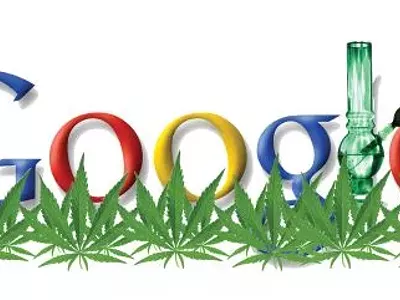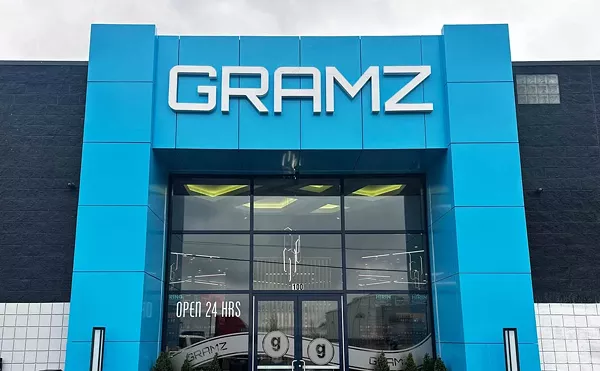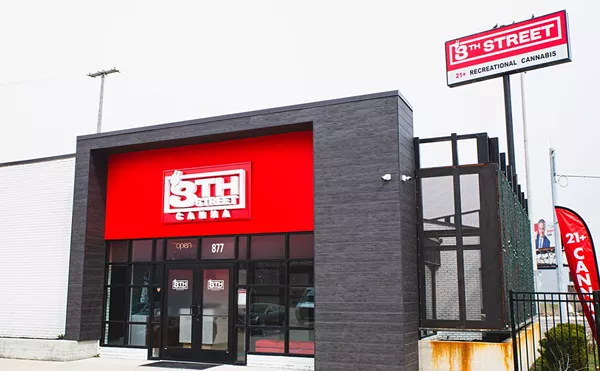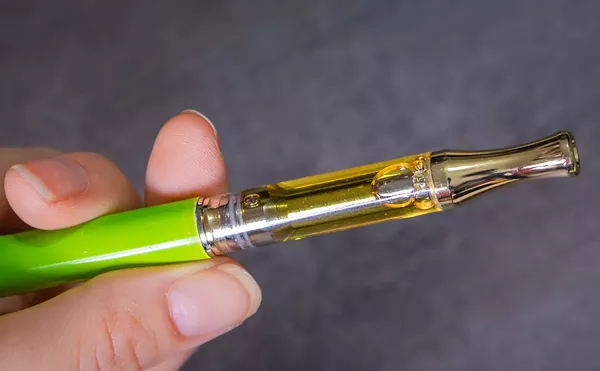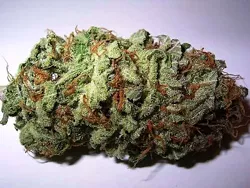
There has been a strange disconnect with the African-American community and activism against the War on Drugs. Statistics show that while blacks and whites use drugs at about the same percentage — thus, there are a lot more white people using drugs because, well, there are a lot more white people — blacks go to jail for drug offenses at a much higher rate than whites, and serve longer sentences for them.
The mantra among drug-war reformers is that drug use should be treated as a public health issue rather than a criminal issue. Although drugs are illegal, in affluent communities the health issue approach is more often applied as families send members to rehabilitation and counseling.
We’ve all seen how celebrities with substance abuse issues end up in clinics time after time for their problems. Poor black kids don’t go to posh detox facilities; they go to jail.
One would think that African-Americans would be up in arms about this double standard, but, by and large, the face of drug war opposition has been white. Most black community leaders have either been silent, arguing there are more important concerns for black people, or conservative on the issue.
For instance, retired Detroit Police Chief Ike McKinnon said he believed marijuana should be legalized a couple of years ago. When I inquired why he hadn’t come out about that earlier, he said that no one had ever asked him. African-Americans have not been out front when it comes to publicly opposing the War on Drugs.
Times are changing. The worm started to turn in 2010, when Michelle Alexander published The New Jim Crow. Her book used the stark evidence of numbers to show how the War on Drugs has resulted in imprisoning a huge amount of African-Americans — and put them under the supervision of law enforcement — creating an underclass not unlike that of the Jim Crow era.
Stop-and-frisk laws such as New York’s have resulted in police arresting hundreds of thousands of young black and Latino men from inner-city neighborhoods, while the practice is nonexistent in white suburban areas — even though drug use there is as rampant as anywhere else.
Since then, Alexander and Law Enforcement Against Prohibition executive director Neil Franklin, an African-American former police officer, were instrumental in convincing national NAACP leadership to support a resolution against the War on Drugs in 2011. Ironically we’ve heard hardly a peep on the subject from the Detroit Chapter. Nobody from there ever returns my calls for comment.
“The [local] NAACP will not embrace the discussion,” says Joe White, a local African-American activist and educator. White does presentations based on data in Alexander’s book and the documentary film The House I Live In, winner of the Grand Jury prize for documentaries at the 2012 Sundance Film Festival.
Indeed, when Proposal M, decriminalizing possession of an ounce or less of marijuana for adults on private property, was on the ballot last year, the organization had nothing to say about it. Neither did the City Council after it passed. “Initially, when the law was passed, the standing City Council would not come out and speak on it,” White says. “Drugs: When that word is mentioned people turn their heads the other way. They say that ‘now is not the right time to talk about that.’ If not now, when?”
White’s choice to address the subject is a result of personal experience. His wife suffers from multiple sclerosis and is a medical marijuana patient. He says she was wasting away in a nursing home before she tried it. “For two-and-a-half years it has been her primary medication, no prescription drugs whatsoever,” White says. “Her doctor says she has never seen an MS patient respond so well to something. Her doctor says she can’t come out and speak on it because it’s a Schedule 1 drug. Her license could be on the line for saying yes to marijuana.”
But in addition to personal experience, he also sees the scourge the War on Drugs has had on the community. “Entire communities of Detroit have been felonized to where no one in that community can get a job,” White says. “Damage goes beyond just being arrested and thrown in jail.”
Families and communities are often devastated when members go to jail. Even later, after convicts return to the community, they can’t find work; nor can they get federal aid for education or housing. In the meantime, their kids have been growing up missing parents and financial support.
“The Children’s Center in Detroit has a high population of children there because a parent was sent to jail,” White says. “That exposes them to more potential harm. That’s my argument when they talk about harm to children. You cause more harm when you arrest one or both parents. When people claim you’re going to cause harm to children, they never have any evidence to back up their opinion. In the countries that have legalized drugs, they have noticed a reduction in youth use. We need to get the correct information out to the public.”
I ran into White at a recent appearance by Detroit City Council candidate George Cushingberry Jr. at Woodward Health Solutions, in Detroit’s second council district. Cushingberry, a former state representative and Wayne County commissioner, is another African-American who has chosen to speak out on his support for marijuana reform.
He touted that his grandfather used to grow hemp in Kentucky and assessed marijuana as different from other drugs. “We need to deschedule marijuana away from cocaine and heroin,” he said. After pointing out that our fastest growing drug abuse problem is Oxycontin, he called for “drug treatment on demand no matter what the addiction.”
Unlike other candidates, Cushingberry has actively engaged marijuana activists, arguing that police resources shouldn’t be wasted arresting young people for a joint. During a July webcast of the Planet Green Trees radio program, he promised activists they would “have a real friend on the City Council.”
State Rep. Fred Durhal, a mayoral candidate, has supported medical marijuana while in the state House but has not spoken out about it during his current campaign.
Maybe we should pay more attention to how government policy has affected our city. White considers Detroit ground zero when it comes to the effects of the War on Drugs. The drug war is devastating communities across the nation, and Detroit seems to be the most devastated city in the nation. “Anytime you have a war, there is collateral damage,” White says. “That’s what happens to those who are indirectly damaged by actions.”
Bad Surprise
Most folks know that voters in Washington state and Colorado chose to legalize marijuana last year. While those programs won’t roll out until Jan. 1, 2014, apparently federal agents in Washington have decided to get busy.
Last week they raided four medical marijuana facilities in the state. According to a DEA spokesperson, all of the raided facilities have a history of violating state medical marijuana law, and they were included in raids that took place in 2011. There is no indication on how the DEA will respond when state licensed marijuana dispensaries open up after the new year. mt
Larry Gabriel is a writer, musician and former editor of Metro Times. Send comments to letters@metrotimes.com.



